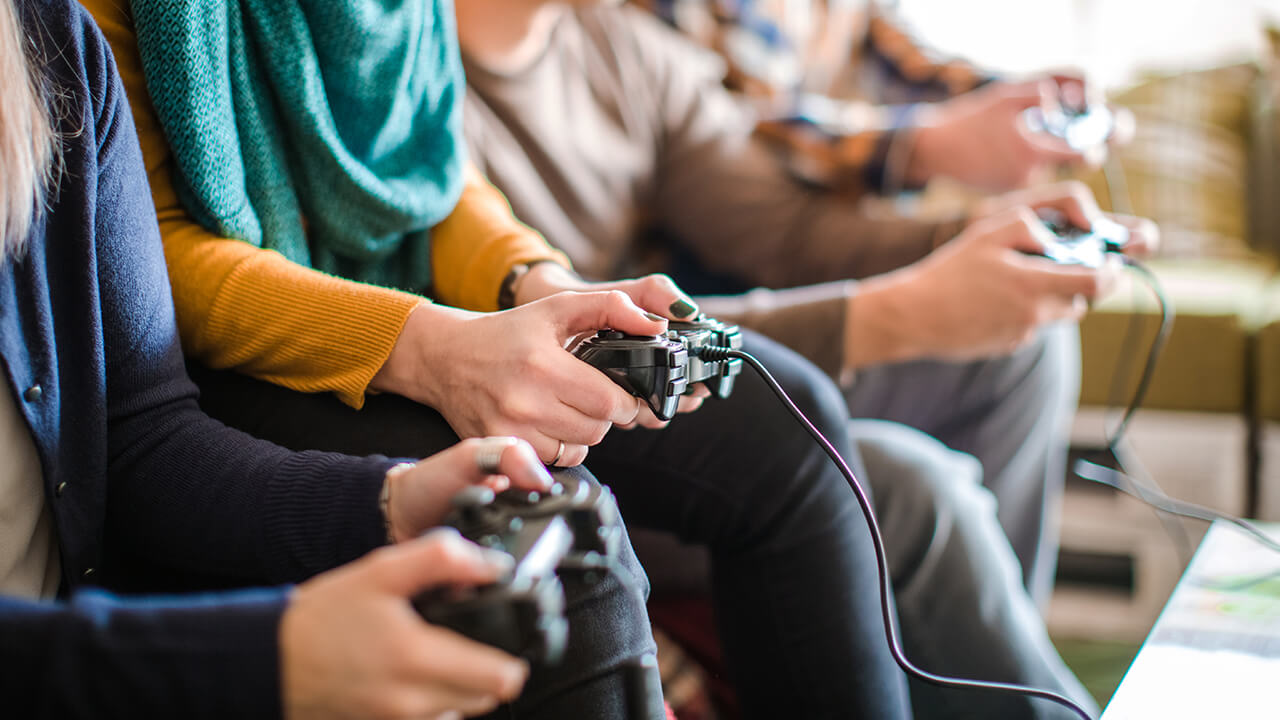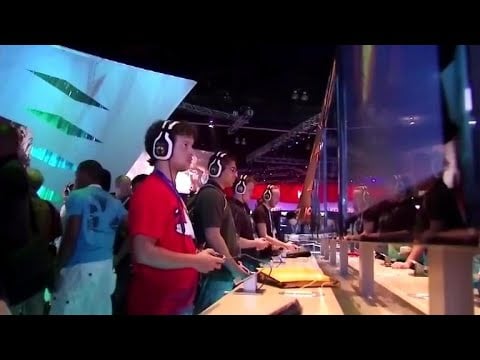The World Health Organization, also known as WHO, is continuing to work on their definition for video game addiction. Earlier this week, a draft of the diagnostic manual for 2018 was released, containing an official definition of “gaming disorder.”
The 11th draft version of The International Compendium of Diseases, or ICD, will be the very first to contain anything on gaming. “Gaming Disorder” is located in the same section as addiction to drugs, gambling, and alcohol. Due next year in 2018, the ICD is basically the World Health Organization’s version of the Diagnostic and Statistical Manual, or DSM. These manuals offer a common language and criteria for identifying and diagnosing mental illnesses.
The classification is as followed:
Gaming disorder is characterized by a pattern of persistent or recurrent gaming behaviour (‘digital gaming’ or ‘video-gaming’), which may be online (i.e., over the internet) or offline, manifested by: 1) impaired control over gaming (e.g., onset, frequency, intensity, duration, termination, context); 2) increasing priority given to gaming to the extent that gaming takes precedence over other life interests and daily activities; and 3) continuation or escalation of gaming despite the occurrence of negative consequences. The behaviour pattern is of sufficient severity to result in significant impairment in personal, family, social, educational, occupational or other important areas of functioning. The pattern of gaming behaviour may be continuous or episodic and recurrent. The gaming behaviour and other features are normally evident over a period of at least 12 months in order for a diagnosis to be assigned, although the required duration may be shortened if all diagnostic requirements are met and symptoms are severe.
However, the definition is causing quite a stir in the gaming and medical communities. Some say the disorder will be hard to diagnose without much scientific proof to back up the diagnosis. But others are ecstatic to see the issue of gaming addiction finally being addressed.
What do you think about “gaming disorder” and what it may mean for the industry? Let us know in the comments below!








